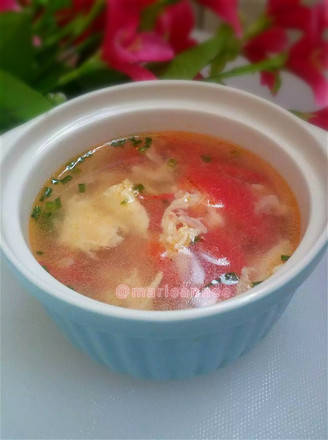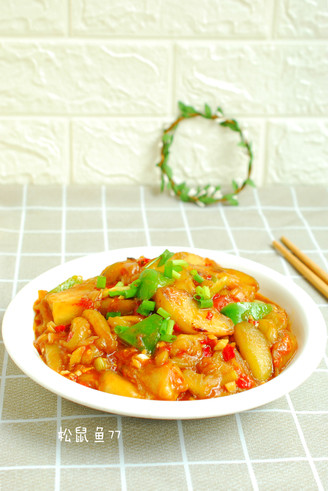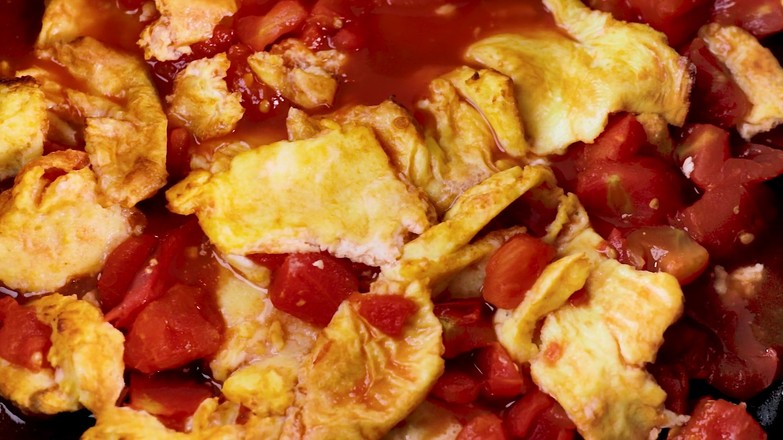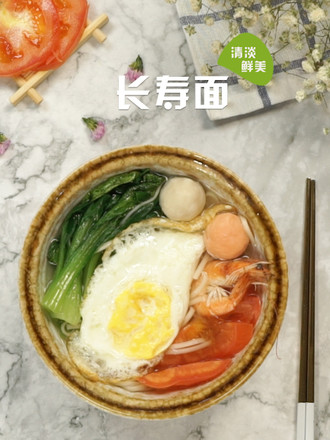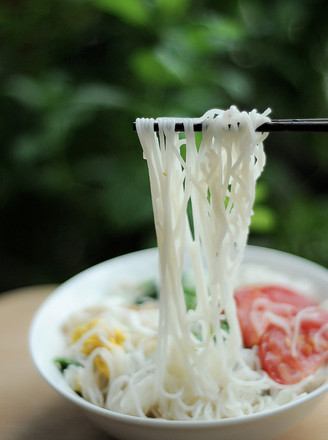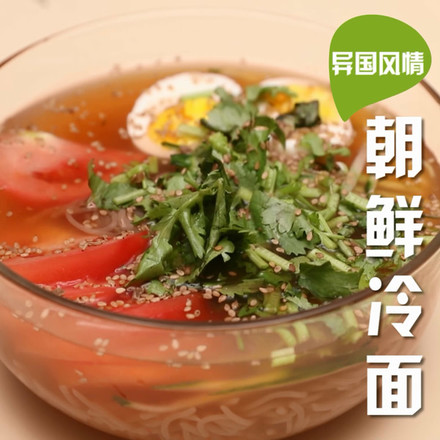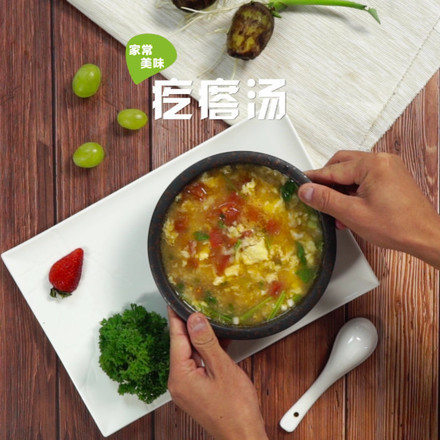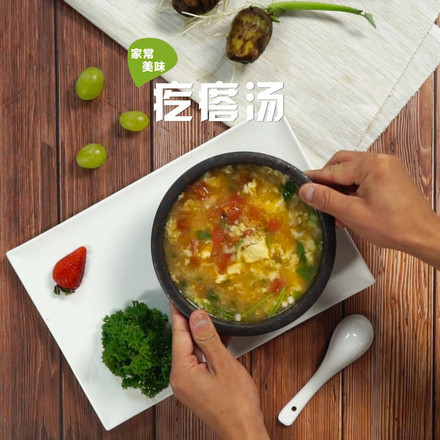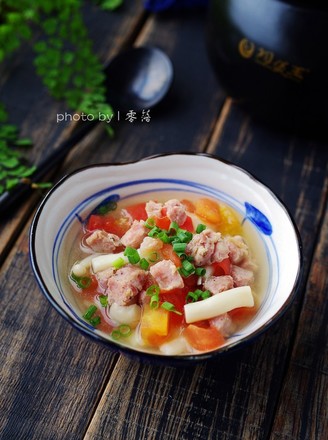Tomato Egg Drop Soup
by marieanne (from Tencent.)
Favorite
Difficulty
Easy
Time
10m
Serving
1
This tomato egg drop soup is light and nutritious, suitable for all ages, and can be eaten by pregnant women and parturients. Tomatoes are rich in carotene, vitamin C and vitamin B, folic acid and other nutrients. Each 100 grams of tomatoes contains 5.6 micrograms of folic acid. Eating some tomatoes during the first trimester can supplement folic acid. Tomato is suitable for people with fever, venereal disease, thirst, loss of appetite, habitual gum bleeding, anemia, dizziness, palpitations, high blood pressure, acute and chronic hepatitis, acute and chronic nephritis, night blindness and myopia.
During pregnancy, the mother's nutritional needs increase. The diet during pregnancy should be diversified and balanced. Nutrition schedules should be formulated according to the nutritional needs of different pregnancy periods to supplement the required nutrients to avoid malnutrition that affects the health of mothers and fetuses. I believe that every family hopes to have a healthy baby, so don't be too troublesome. You should pay more attention to some dietary taboos!
During the confinement period, the diet should be as light and appetizing as possible to help digestion. Too greasy food will burden the stomach of the parturient. Choosing nutritious, appetizing, and light food will not only facilitate digestion, but also increase the appetite of the parturient. Because the mother consumes various nutrients during childbirth, sweats and lochia a lot after childbirth, but also loses a part of the nutrition, so postpartum is very important for both the mother and the newborn. Proper dietary care can supplement enough nutrients as soon as possible, can replenish damaged physique, prevent and treat postpartum illnesses, help mothers to restore health as soon as possible, and maintain the growth and development of newborns.
The first meal of the postpartum diet should be liquid foods that are easy to digest and nutritious. Such as syrup boiled poached eggs, egg drop soup, lotus root noodles and so on. Wait until the next day to eat some semi-liquid or ordinary meals. Rice porridge, soft rice, rotten noodles, egg soup, etc. should be the main food for 5-7 days postpartum. Don't eat too much greasy food, such as chicken, trotters, etc. After 7 days postpartum, the appetite is normal, and fish, meat, eggs, chickens, etc. can be improved. But not oversatisfied. Within 1 month after delivery, it is advisable to have multiple meals a day, with 5-6 meals per day.
During pregnancy, the mother's nutritional needs increase. The diet during pregnancy should be diversified and balanced. Nutrition schedules should be formulated according to the nutritional needs of different pregnancy periods to supplement the required nutrients to avoid malnutrition that affects the health of mothers and fetuses. I believe that every family hopes to have a healthy baby, so don't be too troublesome. You should pay more attention to some dietary taboos!
During the confinement period, the diet should be as light and appetizing as possible to help digestion. Too greasy food will burden the stomach of the parturient. Choosing nutritious, appetizing, and light food will not only facilitate digestion, but also increase the appetite of the parturient. Because the mother consumes various nutrients during childbirth, sweats and lochia a lot after childbirth, but also loses a part of the nutrition, so postpartum is very important for both the mother and the newborn. Proper dietary care can supplement enough nutrients as soon as possible, can replenish damaged physique, prevent and treat postpartum illnesses, help mothers to restore health as soon as possible, and maintain the growth and development of newborns.
The first meal of the postpartum diet should be liquid foods that are easy to digest and nutritious. Such as syrup boiled poached eggs, egg drop soup, lotus root noodles and so on. Wait until the next day to eat some semi-liquid or ordinary meals. Rice porridge, soft rice, rotten noodles, egg soup, etc. should be the main food for 5-7 days postpartum. Don't eat too much greasy food, such as chicken, trotters, etc. After 7 days postpartum, the appetite is normal, and fish, meat, eggs, chickens, etc. can be improved. But not oversatisfied. Within 1 month after delivery, it is advisable to have multiple meals a day, with 5-6 meals per day.

